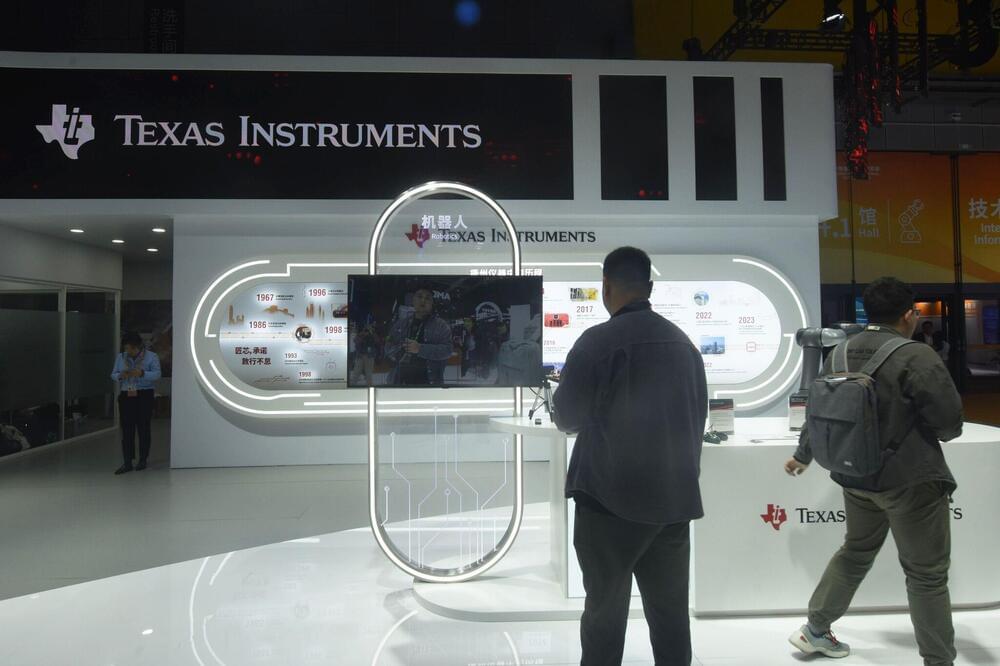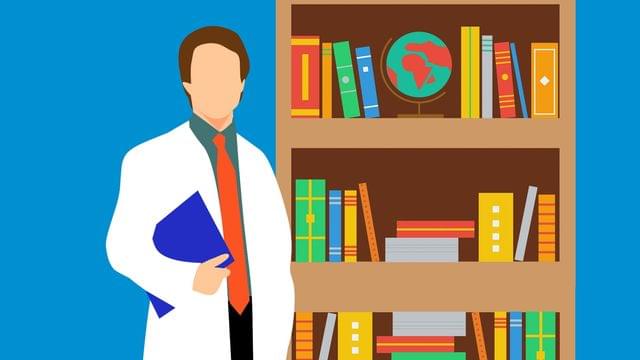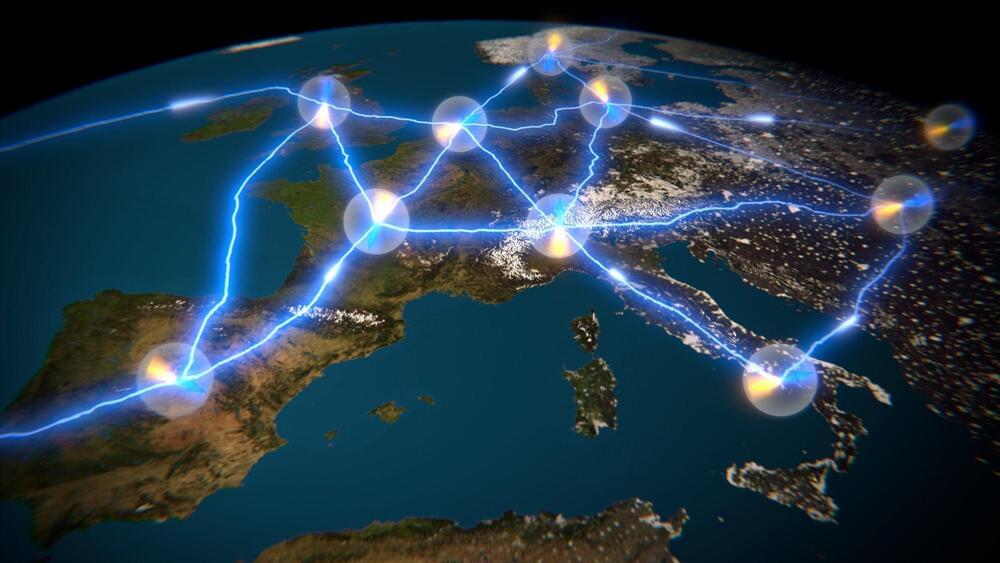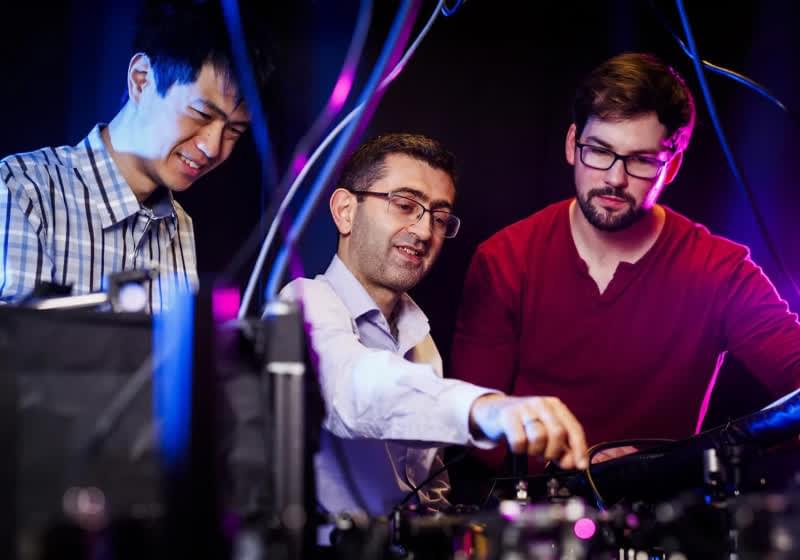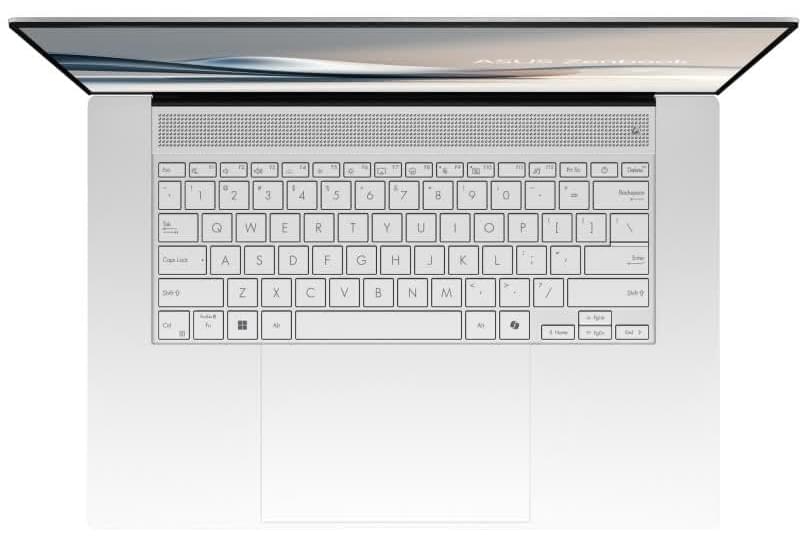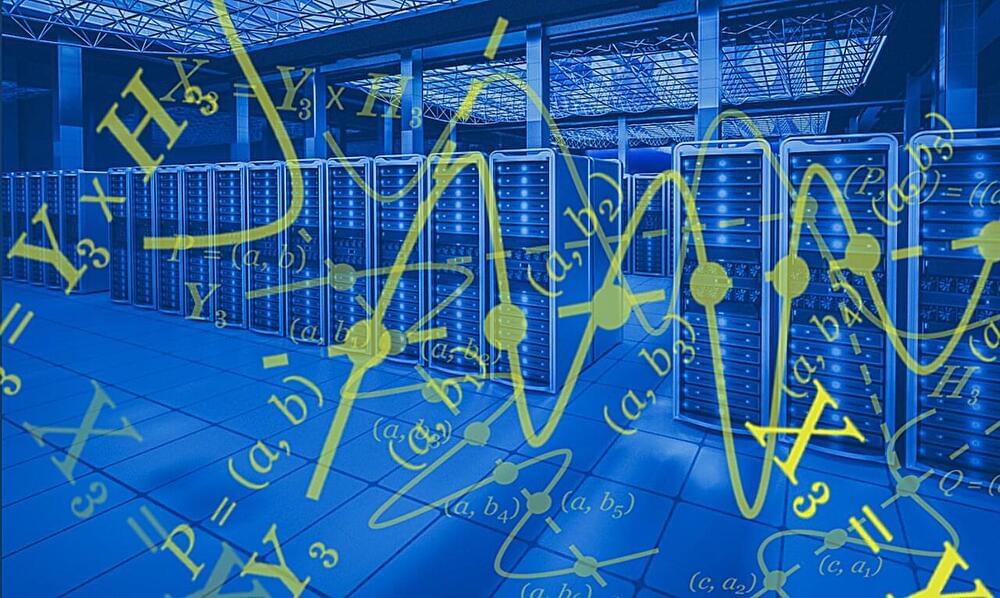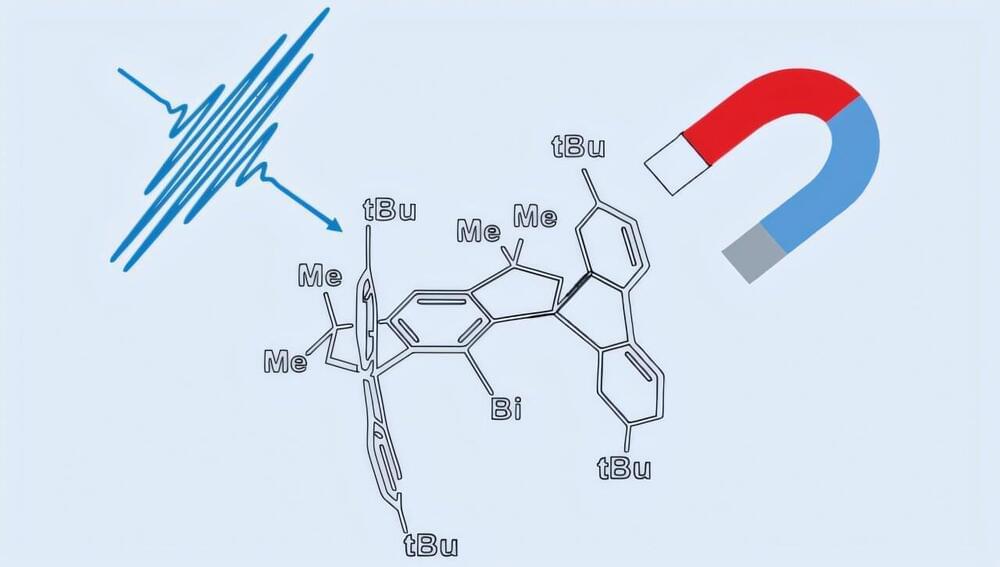Dec 26, 2024
A Neuralink Rival Says Its Eye Implant Restored Vision in Blind People
Posted by Shubham Ghosh Roy in categories: biotech/medical, computing, neuroscience
For years, they had been losing their central vision—what allows people to see letters, faces, and details clearly. The light-receiving cells in their eyes had been deteriorating, gradually blurring their sight.
But after receiving an experimental eye implant as part of a clinical trial, some study participants can now see well enough to read from a book, play cards, and fill in a crossword puzzle despite being legally blind. Science Corporation, the California-based brain-computer interface company developing the implant, announced the preliminary results this week.
When Max Hodak, CEO of Science and former president of Neuralink, first saw a video of a blind patient reading while using the implant, he was stunned. It led his company, which he founded in 2021 after leaving Neuralink, to acquire the technology from Pixium Vision earlier this year.

